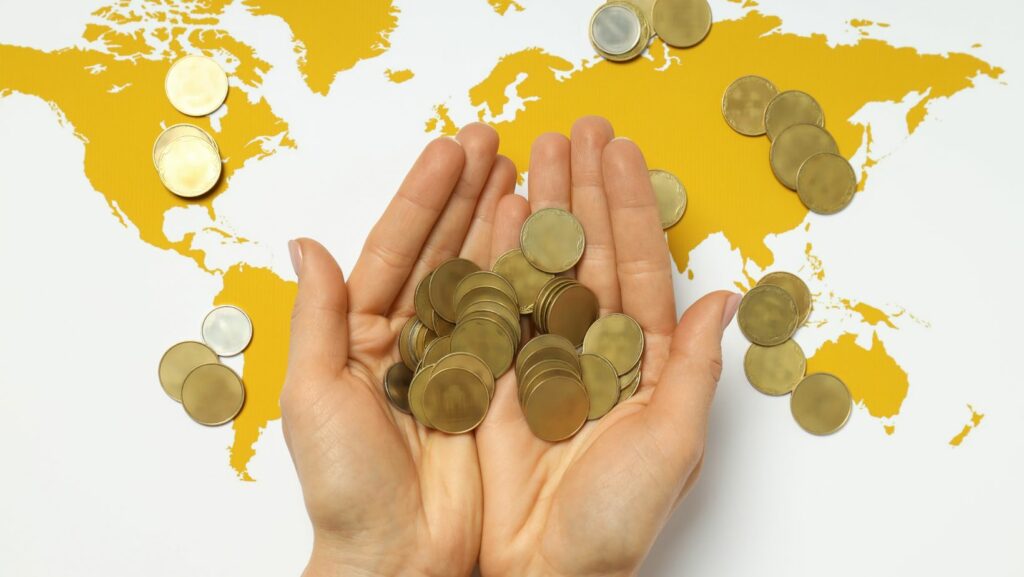Iceland’s economy has taken the world by surprise, outpacing both the U.S. and EU in growth after implementing bold measures to tackle corruption. By arresting corrupt bankers and holding them accountable, Iceland has set a precedent that many larger economies are now watching closely. This small Nordic nation, once crippled by financial crisis, has turned its fortunes around with decisive action and innovative economic policies.
Overview of Iceland’s Economic Growth
Iceland’s economy has outpaced both the U.S. and EU growth rates in recent years. This remarkable surge follows the nation’s stringent actions against corrupt banking practices.
Comparing Growth Rates: Iceland vs. U.S. and EU
Economic data show Iceland’s GDP growth exceeding that of the U.S. and EU. In 2023, Iceland’s GDP grew by 7%, while the U.S. and EU saw growth rates of 2.6% and 3.4%, respectively. This comparison highlights Iceland’s rapid recovery and expansion post-financial crises.
Key Factors Behind the Surge
Several factors underpin Iceland’s economic resurgence:
- Accountability Measures: Prosecution of corrupt bankers restored public trust and market confidence.
- Government Policies: Strong fiscal policies focused on debt reduction and sustainable growth.
- Tourism Boom: Increased international tourist numbers, reaching 2 million visitors annually.
- Renewable Energy: Investment in geothermal and hydroelectric power strengthened economic self-sufficiency.
- Innovation and Education: Focus on technology sectors and higher education boosted productivity.
These elements collectively drove significant economic improvements, placing Iceland ahead of larger economies like the U.S. and EU.
Impact of Arresting Corrupt Bankers on the Economy
Legal Actions and Economic Confidence
 Legal actions against corrupt bankers sent a strong message about Iceland’s commitment to financial integrity. By prosecuting fraudulent activities, the government reinforced regulation and transparency. Confidence in the banking sector grew as citizens and investors saw corrupt practices being punished. This increased trust led to higher investment, both domestic and international, driving economic growth.
Legal actions against corrupt bankers sent a strong message about Iceland’s commitment to financial integrity. By prosecuting fraudulent activities, the government reinforced regulation and transparency. Confidence in the banking sector grew as citizens and investors saw corrupt practices being punished. This increased trust led to higher investment, both domestic and international, driving economic growth.
Long-Term Economic Stability
The arrests contributed to long-term economic stability by fostering a culture of accountability. Financial institutions adopted more rigorous standards for operation, reducing the risk of future crises. The economy became more resilient, with a steady influx of investments. Higher economic confidence promoted sustainable development, ensuring balanced growth across industries.
Lessons for Other Economies
 Implementing mechanisms for holding individuals accountable directly influences economic growth. Iceland’s approach of prosecuting corrupt bankers restored public trust. Other economies can replicate this by instituting strong legal frameworks that target financial crimes. Transparent governance can help countries rebuild investor confidence.
Implementing mechanisms for holding individuals accountable directly influences economic growth. Iceland’s approach of prosecuting corrupt bankers restored public trust. Other economies can replicate this by instituting strong legal frameworks that target financial crimes. Transparent governance can help countries rebuild investor confidence.
Strong Fiscal Policies Matter
Sound fiscal policies play a crucial role in economic recovery. Iceland’s policies focused on reducing debt and managing deficit effectively. Governments should prioritize fiscal responsibility. Implementing measures to control expenditures while enhancing revenues ensures long-term stability.
Diversifying the Economy
Iceland’s success highlights the importance of economic diversification. Beyond banking reforms, the economy flourished through tourism and renewable energy investments. Countries should explore multiple avenues for growth. Developing sectors like technology, tourism, and green energy reduce dependence on a single industry.
Investing in Education and Innovation
Education and innovation form the backbone of sustainable development. Iceland’s focus on these areas contributed to its economic resurgence. Other nations can benefit by investing in education systems and fostering innovation centers. These investments lead to a more skilled workforce and drive technological advancements.
Strengthening Financial Regulations
 Robust financial regulations ensure long-term economic health. Iceland’s regulatory reforms increased market stability and investor confidence. Countries should implement rigorous standards to monitor and regulate the financial sector. Ensuring compliance aids in preventing future crises.
Robust financial regulations ensure long-term economic health. Iceland’s regulatory reforms increased market stability and investor confidence. Countries should implement rigorous standards to monitor and regulate the financial sector. Ensuring compliance aids in preventing future crises.
Cultivating an ethical culture within the business environment enhances trust and reliability. Iceland’s stance against corruption set a precedent. Economies should encourage ethical behaviour through policies, education, and corporate governance practices. Promoting integrity can lead to substantial economic benefits.
Challenges and Considerations
Iceland’s remarkable economic recovery offers valuable insights but it’s not without challenges. Other nations must consider their unique contexts before replicating Iceland’s strategies. The country’s small population and cohesive society played a crucial role in its success, factors that may differ elsewhere.
Additionally, maintaining momentum requires continuous innovation and vigilance against complacency. Balancing tourism growth with environmental sustainability is another critical consideration.


